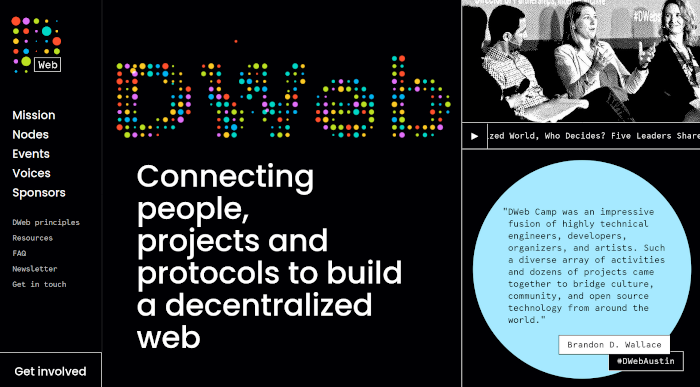Report by the Sustainable Development Solutions Network: “There has been surprising resilience in how people rate their lives overall. The Gallup World Poll data are confirmed for Europe by the separate Eurobarometer surveys and several national surveys.
- The change from 2017-2019 to 2020 varied considerably among countries, but not enough to change rankings in any significant fashion materially. The same countries remain at the top.
- Emotions changed more than did life satisfaction during the first year of COVID-19, worsening more during lockdown and recovering faster, as illustrated by large samples of UK data. For the world as a whole, based on the annual data from the Gallup World Poll, there was no overall change in positive affect, but there was a roughly 10% increase in the number of people who said they were worried or sad the previous day.
- Trust and the ability to count on others are major supports to life evaluations, especially in the face of crises. To feel that your lost wallet would be returned if found by a police officer, by a neighbour, or a stranger, is estimated to be more important for happiness than income, unemployment, and major health risks (see Figure 2.4 in chapter 2)
- Trust is even more important in explaining the very large international differences in COVID-19 death rates, which were substantially higher in the Americas and Europe than in East Asia, Australasia, and Africa, as shown here (see Figure 2.5 of chapter 2). These differences were almost half due to differences in the age structure of populations (COVID-19 much more deadly for the old), whether the country is an island, and how exposed each country was, early in the pandemic, to large numbers of infections in nearby countries. Whatever the initial circumstances, the most effective strategy for controlling COVID-19 was to drive community transmission to zero and to keep it there. Countries adopting this strategy had death rates close to zero, and were able to avoid deadly second waves, and ended the year with less loss of income and lower death rates.
- Factors supporting successful COVID-19 strategies include
- confidence in public institutions. Trusted public institutions were more likely to choose the right strategy and have their populations support the required actions. For example, Brazil’s death rate was 93 per 100,000, higher than in Singapore, and of this difference, over a third could be explained by the difference in public trust….(More)”


